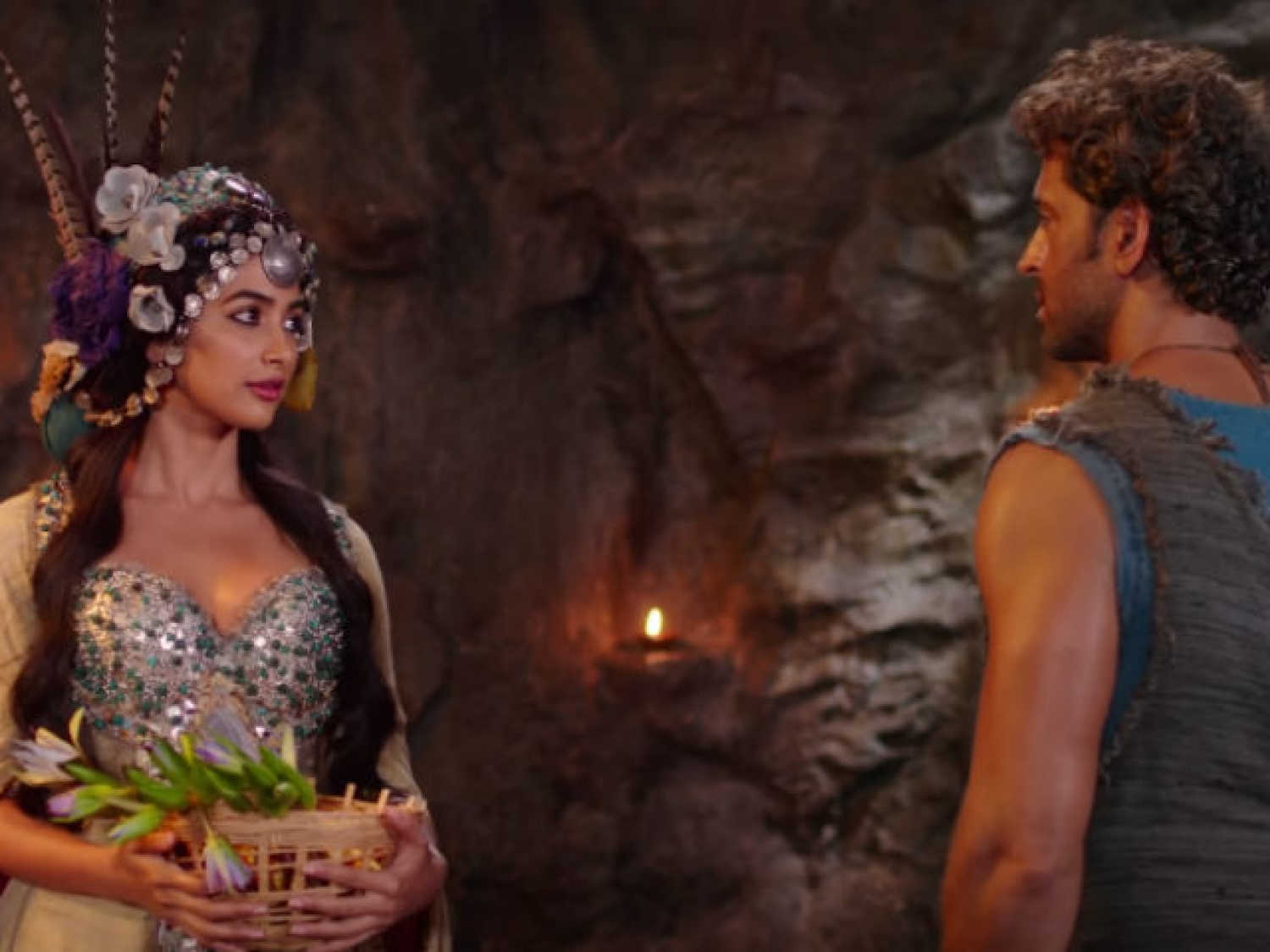AR Rahman stays true to the spirit of the film, relying on drums, tribal chants, and an alien language to create the desired effect.
Mohenjo Daro music review: This Rahman soundtrack is soulful but reined in
Mumbai - 08 Jul 2016 11:28 IST
Updated : 19:19 IST


Suparna Thombare
Film: Mohenjo Daro
Music: AR Rahman
Lyrics: Javed Akhtar
Label: T-Series
Rating: 3/5
After Lagaan (2001), Swades (2004) and Jodhaa Akbar (2008), the Ashutosh Gowariker-AR Rahman-Javed Akhtar trio has come together again for Mohenjo Daro. Naturally, expectations are high.
Mohenjo Daro is a period film set in the time of the Indus Valley civilization. Not much is known of the music and language of that period, but composer AR Rahman tries to stay true to the spirit of the world created by director Gowariker.
The album has four songs and four instrumental pieces based on those songs.
The first song, ‘Mohenjo Mohenjo’, rides on drums, flute, and tribal chants. Sung by Arijit Singh, Sanah Moidutty, Rahman himself and Bela Shende, the composition has tons of energy and is celebratory. The song describes life at Mohenjo Daro and we can’t identify with it unless we watch the film. The lyrics are not that appealing in any case. As an isolated composition, however, it does put forth an interesting mix of instruments and tunes.
Sindhu Ma, sung by Sanah Moidutty and Rahman, is a song worshipping and praising the Sindhu river. The song is easy on the ears, especially because of Rahman’s flowing vocals. And then it quite naturally transforms into Tu Hai midway.
There is also the separate Tu Hai track – the best composition of the album. It is seeped in romance, and the lilting melody easily jumps on to your lips. It is sung beautifully by Rahman and Moidutty.
Sarsariya reminds you of ‘Na Na Re’ from Guru. While the protagonist is enjoying the rain in the Guru song, here singer Shashaa Tirputi croons about moving to the tune of the breeze. This one is a very basic composition, with not much joy in the lyrics.
The lyrics, penned by Javed Akhtar, are nothing to write home about. He keeps it simple and tries to stick to pure Hindi as that is the language the characters speak in the film. There are also several lines in an unknown language that is difficult to identify with.
Now, coming to the instrumental tracks. ‘Whisper Of The Mind’ starts with cricket sounds and grim vocals, by Arjun Chandy, in an alien language. The track maintains the same tempo, sounding like a ritualistic recital in a deep, dark forest. ‘Whisper Of The Heart’ has the same ritualistic tone and hypnotic rhythm. Chandy’s vocals are complimented by a female chorus and hand drums, breaking the monotony a bit. Both tracks are trippy in their treatment.
After the grim and spiritual chants comes ‘The Shimmer Of Sindhu’, which is an acoustic theme music version of Sindhu Ma and Tu Hai. A single guitar played by Keba Jeremiah and flute work by Kareem Kamalakar drive this composition and they are a pleasure to listen to.
‘Lakh Lakh Thora’ is a very basic instrumental version of Sarsariya with Tapas Roy on the mandolin and Naveen Kumar on the flute.
The use of instruments in this soundtrack is selective and basic, relying on tribal chants, hand drums and an alien language, in keeping with the era and theme of the film.
This Rahman album is highly situational and fails to transcend the film. Rahman’s scores seldom feel reined in, but this one does. While it comes across as experimental on the surface, repeated listening makes it feel creatively restricting. Rahman’s last Hindi soundtrack, Tamasha, was notches higher in terms of just the core composition and lyrics. Rahman's master skills are missing in this one.
Yes, this is not among Rahman's best. Yet, listen to this soundtrack 3-4 times and you are bound to enjoy parts of it, especially since many other film albums don't even offer that much!



